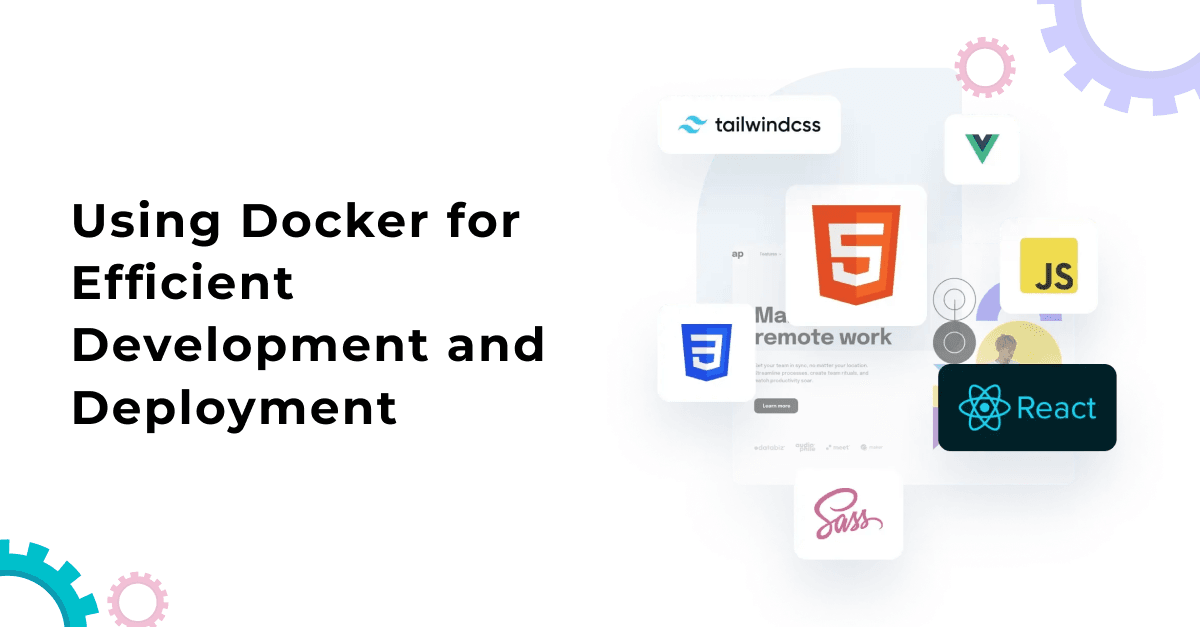

Loading

Loading

Using Docker for Efficient Development and Deployment
Docker has revolutionized the way developers build, ship, and run applications by providing a consistent and portable environment across different platforms. In this blog, we'll explore how Docker can streamline your development and deployment processes, offering efficiency, consistency, and scalability.

Get acquainted with the core concepts of Docker:

Explore the advantages of incorporating Docker into your development and deployment workflows:

Discover how Docker can streamline your development workflow:

Learn how Docker simplifies deployment and scalability:
Conclusion:
In conclusion, Docker offers significant benefits for development and deployment processes, enabling efficiency, consistency, and scalability. By adopting Docker, organizations can streamline their workflows, accelerate development cycles, and deliver high-quality applications that meet the demands of modern software development.









Have questions or need assistance? We're here to help! Reach out to us today, and our team will get back to you as soon as possible.